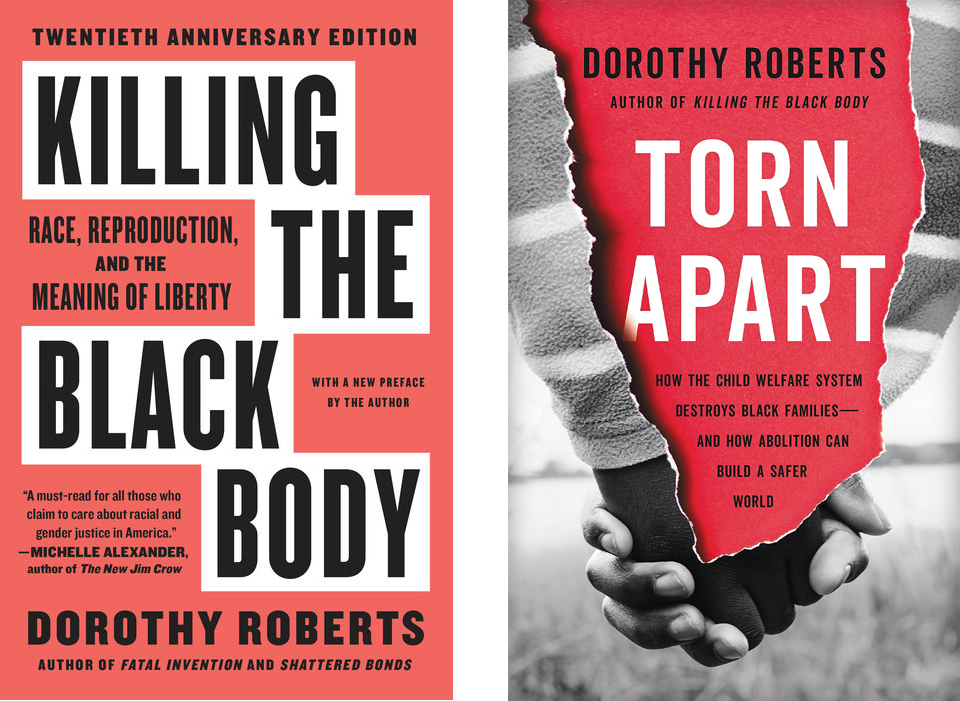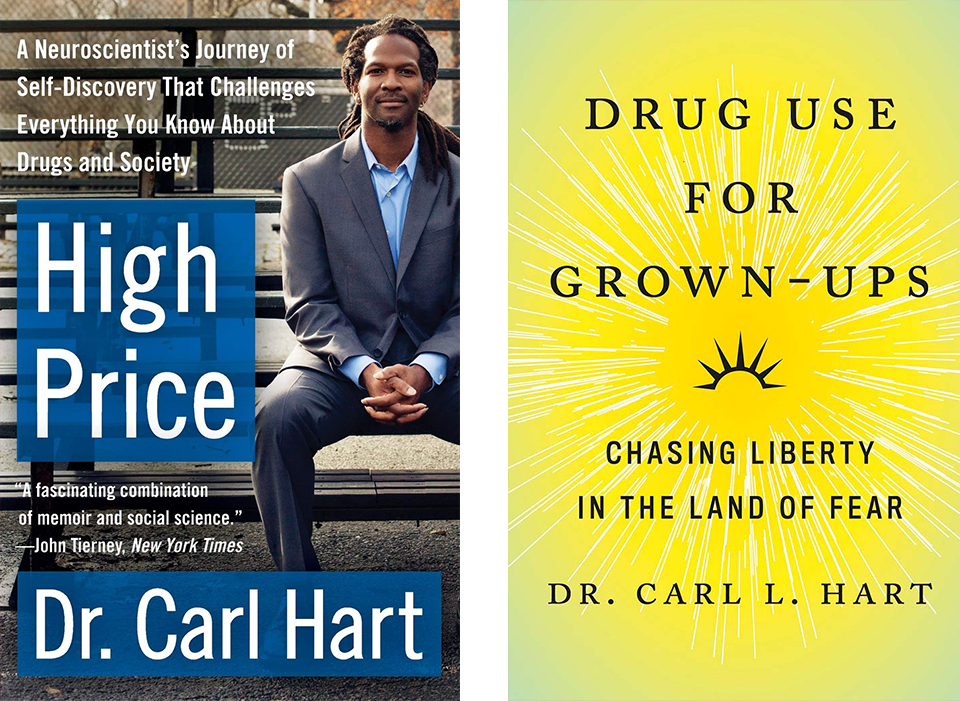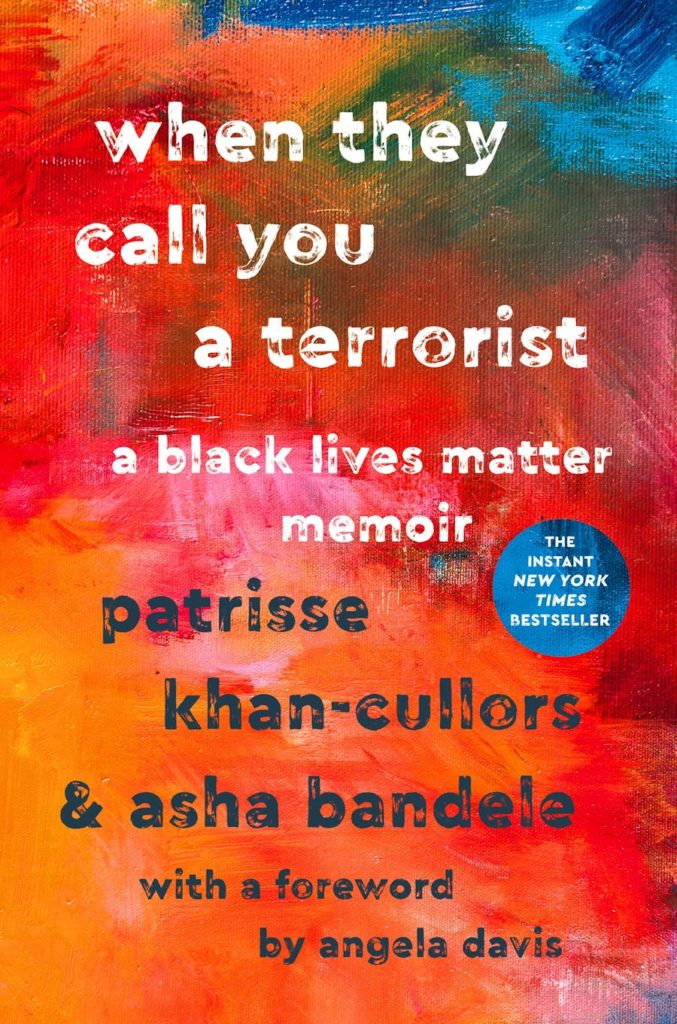Black Authors Reflect on the Racist Drug War, Black Liberation and the Need for Harm Reduction
By Kyli Rodriguez-Cayro
When it comes to preventing overdose deaths, Black communities lack equitable access to lifesaving harm reduction interventions—even though the latest CDC research shows that overdose death rates are rising most rapidly among Black and Indigenous communities. From naloxone to buprenorphine prescriptions, Black patients are significantly less likely than white patients to gain access to medications and harm reduction services.
At the same time, due to the decades-long drug war, Black people are overrepresented in the criminal legal system. Though white and Black people use and sell drugs at similar rates, Black people are 10 times more likely to be arrested for drug-related offenses because of racist policing practices.
Black scholars, writers and advocates have been instrumental to the creation and evolution of the harm reduction movement, calling attention to the connection between structural racism in the criminal legal and health care systems, the drug war, and the overdose crisis. They have been at the forefront, envisioning a movement centered on racial equity and uplifting the voices of BIPOC harm reductionists and those from marginalized communities.
For Black History Month, Vital Strategies is highlighting the work of Black authors who’ve penned books about harm reduction, the war on drugs, Black Liberation, and the abolitionist movement, which seeks to bring an end to the racist criminal legal system, mass incarceration, and other oppressive systems.
Below are six must-read books by prominent Black harm reductionists to check out this month and all year long. While this list is far from exhaustive, it highlights important work that can help readers engage with these critical issues.

Torn Apart: How the Child Welfare System Destroys Black Families—and How Abolition Can Build a Safer World, by Dorothy E. Roberts
Killing the Black Body, by Dorothy E. Roberts
Dorothy E. Roberts is an award-winning author, George A. Weiss University Professor of Law and Sociology, and the Raymond Pace and Sadie Tanner Mossell Alexander Professor of Civil Rights at the University of Pennsylvania. Roberts is also founding director of the Penn Program on Race, Science and Society in the Center for Africana Studies.
In 2022, Roberts published “Torn Apart: How the Child Welfare System Destroys Black Families—and How Abolition Can Build a Safer World.” In this book, Roberts critiques the child welfare system in the U.S., saying it “is better understood as a ‘family policing system’ that collaborates with law enforcement and prisons to oppress Black communities.” Roberts calls for abolishing the child welfare system, moving instead toward restorative models of care that keep families together. You can learn more about “Torn Apart” by watching Roberts’ talk at the Free Library of Philadelphia.
Roberts has authored several other books, including “Killing the Black Body,” her seminal work detailing the systemic abuse of Black women in the United States. Throughout “Killing the Black Body,” Roberts analyzes reproductive justice and the history of reproductive oppression of Black women in the United States, and challenges “racially biased images of welfare queens and crack babies.” In the 1980s, nationwide panic surrounding the “crack baby” suggested that crack cocaine use during pregnancy caused exceptional harm to infants. This myth was used to criminalize and incarcerate Black mothers on a mass scale. However, decades of research has consistently found that prenatal exposure to crack cocaine has little or no effect on the long-term cognitive or physical development of a child.

The New Jim Crow: Mass Incarceration in the Age of Colorblindness, by Michelle Alexander
Michelle Alexander is a civil rights attorney, activist, scholar and author who has long fought for racial justice. She served as a professor at several universities, including Stanford Law School and Ohio State University. She has written extensively about human rights, mass incarceration and the law for national publications, and previously worked as an opinion columnist for the New York Times. Alexander also appeared in the popular 2016 documentary 13th.
Alexander’s book “The New Jim Crow” examines the modern-day civil rights movement, and how the mass incarceration of Black men is used as a tool for racial oppression. As further explained on the book’s official website, “Alexander shows that, by targeting black men through the war on drugs and decimating communities of color, the U.S. criminal justice system functions as a contemporary system of racial control, even as it formally adheres to the principle of colorblindness.”

High Price: A Neuroscientist’s Journey of Self-Discovery that Challenges Everything You Know About Drugs and Society, by Dr. Carl Hart
Drug Use For Grown-Ups: Chasing Liberty in the Land of Fear, by Dr. Carl Hart
Dr. Carl Hart is the Ziff Professor of Psychology in the Departments of Psychology and Psychiatry at Columbia University. In addition to having numerous works published in academic journals and media outlets, Dr. Hart authored the memoir “High Price.” The book explores Hart’s journey growing up in Miami and his road to becoming a leading neuroscientist studying psychoactive drugs, neuropsychopharmacology and addiction. Throughout the book, Hart examines the “relationship between drugs and pleasure, choice, and motivation, both in the brain and in society.” He also discusses race, poverty and draconian drug policy in the United States.
In another book by Hart, “Drug Use For Grown-Ups: Chasing Liberty in the Land of Fear,” the author takes a critical look at the long history of the war on drugs and how racist propaganda has contributed to the mass incarceration of Black people, especially due to drug-related arrests. The book dives into research about harm reduction interventions, and critically examines research surrounding fatal overdose and current drug policies. Moreover, Dr. Hart discloses his own drug use in the book and calls for people with privilege to do the same in an effort to destigmatize drug use and to challenge the common belief that using drugs is inherently harmful to individuals, as well as society.

When They Call You a Terrorist: A Black Lives Matter Memoir, by Patrisse Khan-Cullors and asha bandele
Patrisse Khan-Cullors is an award-winning author, educator, artist and abolitionist who has spent over two decades on the front lines of the abolitionist movement. She was also the co-founder of Black Lives Matter as well as the former executive director of the Black Lives Matter Global Network Foundation. Khan-Cullors is also the faculty director of Arizona’s Prescott College Social and Environmental Arts Practice MFA program, which combines art, activism and community organizing.
asha bandele is an award-winning journalist and New York Times best-selling and multiple award-winning author of six books, including “The Prisoner’s Wife.” An internationally respected and sought out expert on race and drug policy, bandele built, managed and grew a grants and partnership program that became a national model and expanded the capacity of the drug policy reform movement exponentially–including currently implemented harm reduction policies aimed at disrupting overdose morbidity. Before working as a drug policy reform advocate, bandele covered the drug war as part of the senior editorial team at Essence magazine.
In 2018, Khan-Cullors and bandele co-authored “When They Call You a Terrorist,” which became an instant New York Times bestseller. The memoir provides a moving account of Khan-Cullors’ life as a single mother living in poverty, the racism she personally endured at the hands of law enforcement, and the creation of Black Lives Matter following the killing of Trayvon Martin in 2013. The book is also described by the publisher as “a call to action to change the culture that declares innocent Black life expendable.”
Kyli Rodriguez-Cayro is the content manager for Vital Strategies’ Overdose Prevention Program.
Get Our Latest Public Health News
Join our email list and be the first to know about our public health news, publications and interviews with experts.